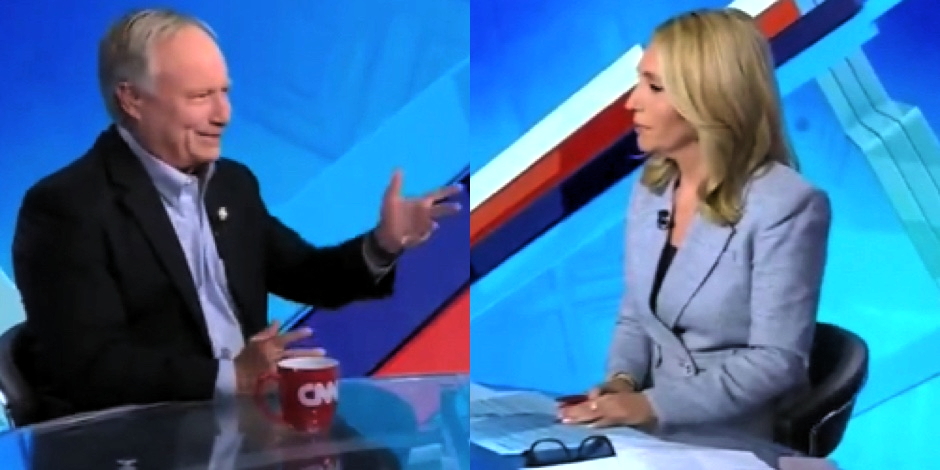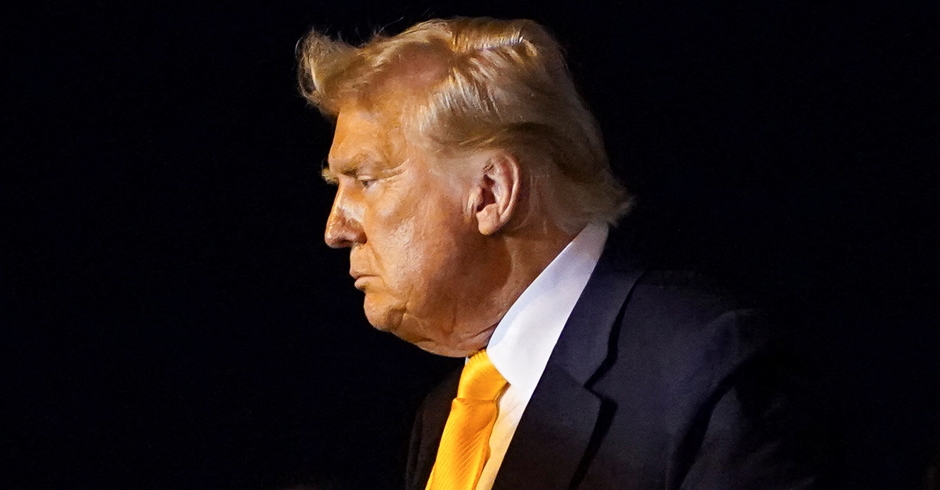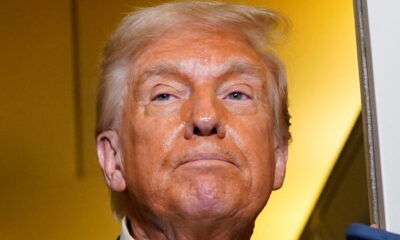Occupy Wall Street: Democracy in Zuccotti Park
Fresh from a visit to Occupy Wall Street’s Zucotti Park, Swarthmore student, writer, activist, and guest author Sam Sussman discusses his findings.Â
Â
Something remarkable is happening in American politics. Three years after a financial crisis that delegitimized the parochial right-wing ideology of deregulation and ‘let the rich rule’ economics, Americans are voicing outrage at the chronic infection of money in our political system. By putting its finger on this unspoken fact of American politics, Occupy Wall Street has suddenly changed our political discourse. Cries of Social Security and Medicare’s ‘unsustainability’ have been replaced by outrage over Wall Street’s greed. Goodbye deficits, hello income inequality!
Walking through Zuccotti Park on a recent Friday afternoon, it was clear that the understanding tying the movement together was this: the federal government has bailed out the largest banks, yet the unemployed and foreclosed upon have received insufficient relief. What Americans are realizing is that this is the logical outcome of a political system in which the largest economic sectors — finance, insurance, oil and gas — fund our political parties, candidates, advertisements and think tanks. It is a spirit summed up by David, a high school student holding cardboard that read, “I can’t afford a lobbyist so I made this sign.†He explained, “Nobody is lobbying for me to go to college, for me to have a job when I graduate. I can’t influence politicians.†Then he pointed upwards, to the financial institutions that contributed $155 million to both parties in 2008. “But they can.â€
The movement’s emphasis on this structural defect in American politics manifests in its treatment of President Obama, the left’s would-be, but unwilling, FDR 2.0. Those in Zuccotti Park know that without taking the corrosive influence of money out of politics, no politician can play savior. Samoa, a middle-aged computer technician from Brooklyn, held the famous ‘Hope’ poster, with ‘Your Face Here’ written where Obama’s profile once was. “No matter who the people are,†he said, “they’re constrained by the power of money.
The right has hastily characterized the demonstrators as illiterate opponents of capitalism itself. This is untrue. Many demonstrators with whom I spoke had an intricate understanding of public campaign financing, environmental policy, prison reform and trade. The words ‘Glass-Steagall’ were on many lips.
And yes, there were anarchists who made my proper liberal cheeks blush. But behind each radical was personal desperation wrought by recession. One young woman painfully described trying to work enough hours to pay rent despite a debilitating medical condition. She would go to college, she said, but the certainty of student loans outweighed the less-than-certain probability of employment after graduation. Her politics aren’t constructive, but they reflect legitimate grievances worthy of redress. The radical’s presence should encourage moderate factions — those who see money in politics, not capitalism itself, as the root problem — to participate in and take ownership of the movement.
Whatever one thinks of the radicals, it would be a grave mistake to fall for the right-wing trap of focusing on the few extremists in Zuccotti Park at the expense of the truly radical things the Right itself has done. The invasion of Iraq, a sovereign nation that posed no national security threat, was radical. The income trends of the past decade — in which 65 percent of income growth went to the top one percent as middle-class income fell — was radical. The $700 billion Wall Street bailout was radical. The bipartisan push to slash Social Security and Medicare is radical. The very fact that money can purchase public policy in a democracy is radical.
Occupy Wall Street understands this: it is gaining attention — the latest polls show 54 percent of the public approves of the movement — because it speaks to the issues for which it has been too convenient and conventional for Republicans and Democrats, Fox News and CNN, to ignore. Occupy Wall Street has its finger on the pulse of a shrinking middle class, and the disenfranchised poor for whom the tattered rungs of opportunity have been steadily eroded.
Yes, it is true that Occupy Wall Street doesn’t have media-ready index cards with specific policy demands. But that’s the downside of spontaneous democracy, as opposed to astro-turf activism in which corporations manipulate popular grievances for their own benefit (hello, Tea Party!). For those willing to listen, Occupy Wall Street’s demands are quite clear. First, institute public campaign financing. Second, help those affected by the recession through mortgage relief and a New Deal-style public jobs program. Third, restore regulations in finance and energy so that our market economy works for everybody, not just the one percent. Finally, expand opportunity through increased access to health care, education and job training.
These ideas are supported by the “99%.†Huge majorities want a millionaire’s tax (81 percent), to cut defense spending (76 percent), increase education funding (67 percent), and preserve Medicare (76 percent) and Social Security (81 percent). Yet, time and again, public preference has been overruled by the one percent — those who are CEOs of health insurance companies, hedge fund managers, defense contractors, or oil tycoons. Occupy Wall Street understands that the one percent can only be confronted by going outside the political system they control. This is the historic logic of progressive change: the New Deal was as much due to sit-ins and strikes as it was to FDR. Now, in the depth of the Great Recession, more and more Americans are heading to Zuccotti Park.
Perhaps, after all, these protesters are onto something radical. It’s called Democracy.
Â
(Image)
Â
 Sam Sussman is an undergraduate in political science, philosophy and literature at Swarthmore College who has organized around economic justice, clean energy, LGBT civil rights and ending the Afghanistan War. His political commentary appears weekly in Swarthmore’s The Daily Gazette and The Phoenix, and has previously been published in The Oxford Left Review, Binghamton University’s Prospect Magazine, Journal of Philosophy, Politics and Law, and Amnesty International Magazine. A former intern for both Senator Kirsten E. Gillibrand and State Senator Thomas K. Duane, he is the Secretary of the Orange County, NY chapter of Young Democrats.
Sam Sussman is an undergraduate in political science, philosophy and literature at Swarthmore College who has organized around economic justice, clean energy, LGBT civil rights and ending the Afghanistan War. His political commentary appears weekly in Swarthmore’s The Daily Gazette and The Phoenix, and has previously been published in The Oxford Left Review, Binghamton University’s Prospect Magazine, Journal of Philosophy, Politics and Law, and Amnesty International Magazine. A former intern for both Senator Kirsten E. Gillibrand and State Senator Thomas K. Duane, he is the Secretary of the Orange County, NY chapter of Young Democrats.

Enjoy this piece?
… then let us make a small request. The New Civil Rights Movement depends on readers like you to meet our ongoing expenses and continue producing quality progressive journalism. Three Silicon Valley giants consume 70 percent of all online advertising dollars, so we need your help to continue doing what we do.
NCRM is independent. You won’t find mainstream media bias here. From unflinching coverage of religious extremism, to spotlighting efforts to roll back our rights, NCRM continues to speak truth to power. America needs independent voices like NCRM to be sure no one is forgotten.
Every reader contribution, whatever the amount, makes a tremendous difference. Help ensure NCRM remains independent long into the future. Support progressive journalism with a one-time contribution to NCRM, or click here to become a subscriber. Thank you. Click here to donate by check.
 |












